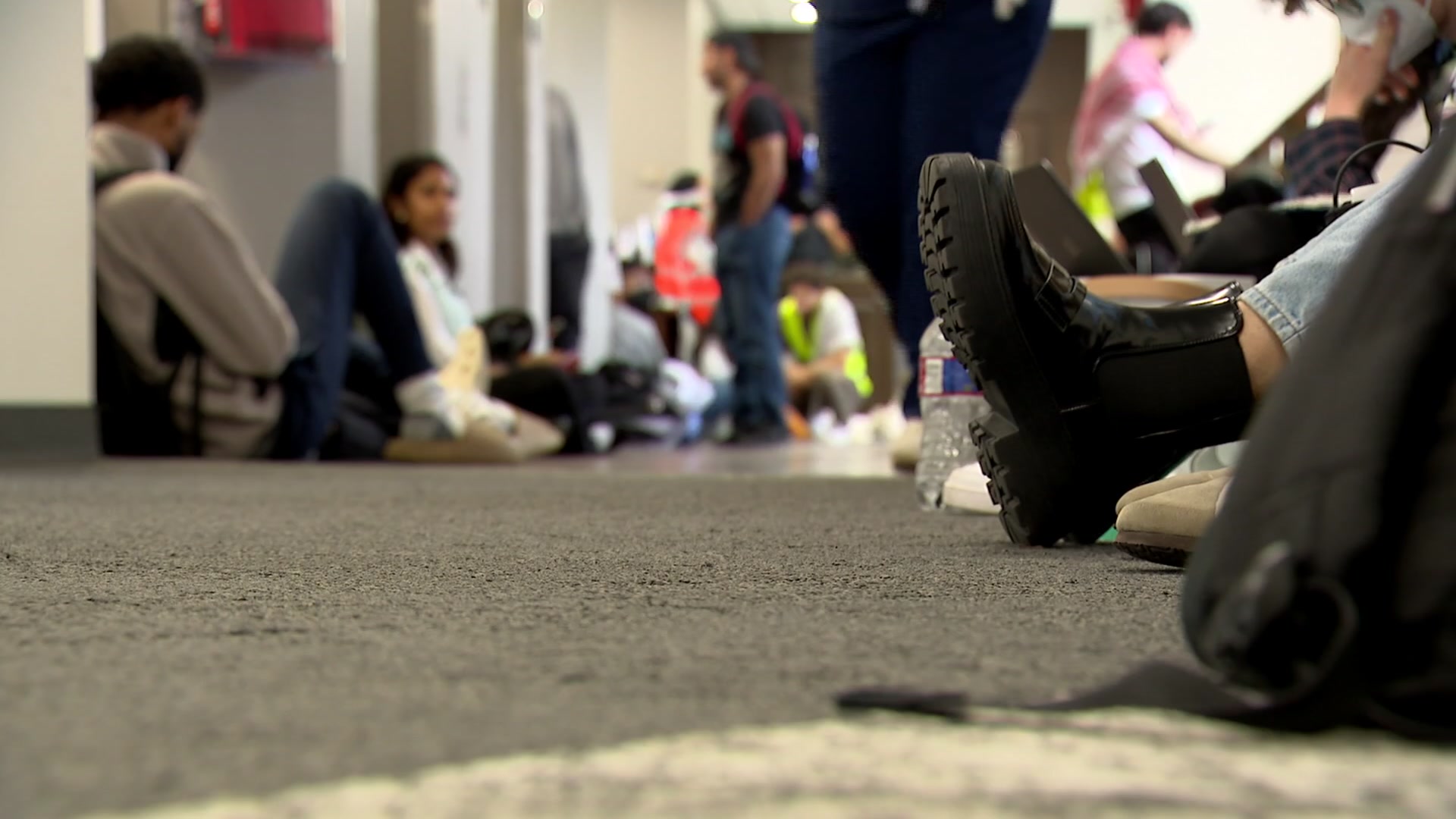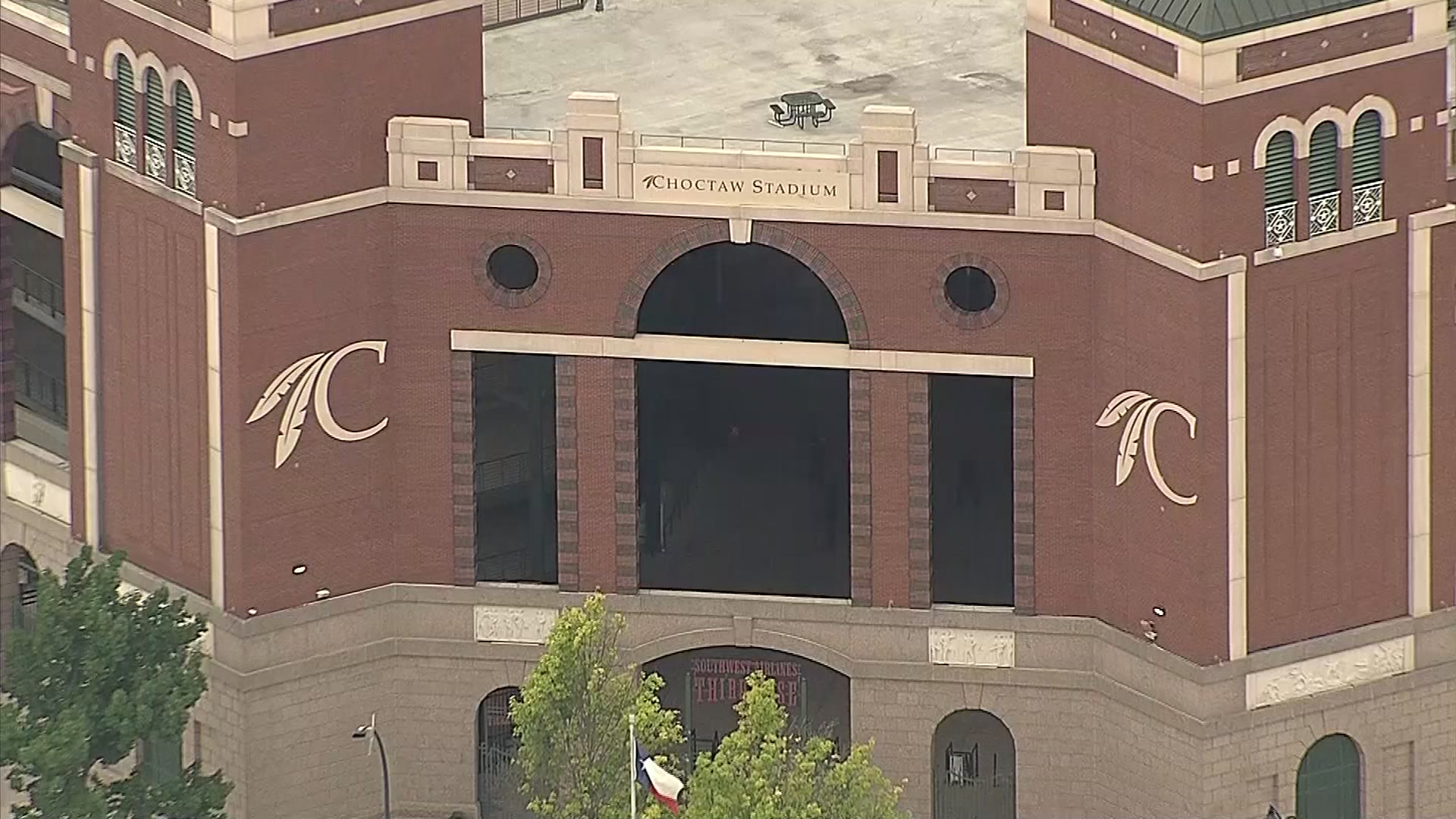Fort Worth is now the first city in the U.S. to mine bitcoin.
On Tuesday, city council leaders unanimously approved a pilot program involving three S9 Bitcoin mining machines which will run 24 hours a day and seven days a week. The machines were donated by the Texas Blockchain Council, according to Fort Worth Mayor Mattie Parker.
“This is bigger than cryptocurrency. We’re starting a conversation across the globe about what cities need to do to be innovative and focus on technology and innovation. We think we’re doing that,” Parker said. “The big picture here is, what is the future of our economy? We know that crypto-currency is a big piece of this.”
Bitcoin mining is the process by which new bitcoins are entered into circulation, according to a city press release. “Mining” is performed by sophisticated hardware that solves an extremely complex math problem. The first computer to find the solution to the problem receives the next block of bitcoins and the process begins again.
Get DFW local news, weather forecasts and entertainment stories to your inbox. Sign up for NBC DFW newsletters.
Based on the number and type of machines being used, the city estimates each will consume the same amount of energy as a household vacuum cleaner.
Dr. Simon Mak, Executive Director of the Caruth Institute for Entrepreneurship at SMU’s Cox School of Business, said the idea of bitcoins began after the financial crisis in 2008.
“Basically, a group of software engineers were really frustrated that there was a notion that the government was somehow controlling currency and allowing things like the financial crisis to occur,” Mak said. “A group of software people said, you know, we’ve been playing around with this crypto-currency algorithm for a while. At the time, they did not call it a 'block chain', but they had been playing around with the software algorithm for a while.”
Local
The latest news from around North Texas.
For about a decade, Mak said the idea of bitcoins went silent until the finance community discovered it and considered it as an asset that could be traded.
“That’s when Bitcoin really took off when it was viewed more of an asset like a ‘gold’ sort of money that people can trade back and forth,” he said. “When bitcoin was worth 10 cents, there were very few miners. Now that bitcoin is worth $40,000, there are a lot more miners.”
Mak added that he believes city leaders are making the right decision to explore cryptocurrency. The vote Tuesday comes on the same day Fidelity Investments, the largest 401(k) administrator, announced it is offering a bitcoin investment to workplace retirement plans.
“If they are going to create mining on the city of Fort Worth planning sheet, for example, maybe it’s viewed as another asset like real estate. The city of Fort Worth owns real estate, now the city of Fort Worth will own bitcoin that they acquired through mining,” he said. “I just told my students every one of them should buy some sort of bitcoin. They don’t have to buy all $40,000 worth. You can buy a tiny version.”
There was one public comment made by Thomas Torlincasi of Fort Worth during the city council meeting on Tuesday, in which opposition was voiced.
“This is not the city’s mission,” Torlincasi said. “At the very least, you should table this measure and study it at least much as you studied redistricting.”
In response to the criticism, Parker said the pilot program offered “low risk and high potential” for the city.
“Fort Worth has sometimes struggled to be out of the shadow of Dallas. We love our counterpart in the east of the Metroplex, but it’s important for Fort Worth to kind of put our stake in the ground and say, what do we want to be when we want to grow up?” she said.
After six months, the city is expected to evaluate the program.



